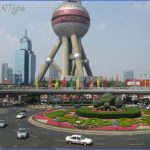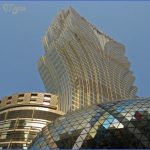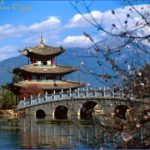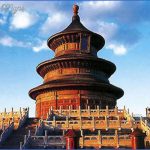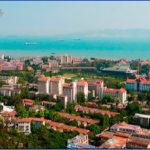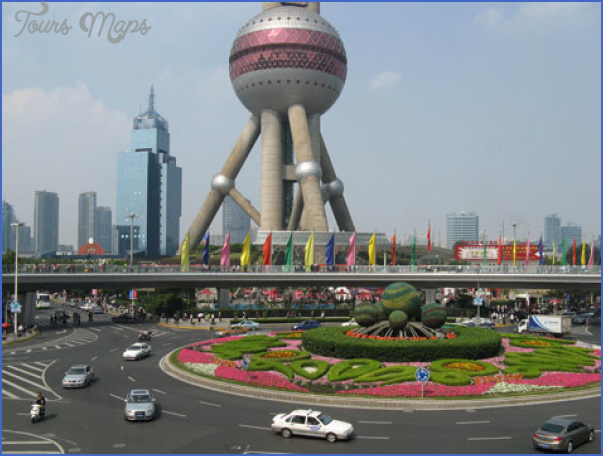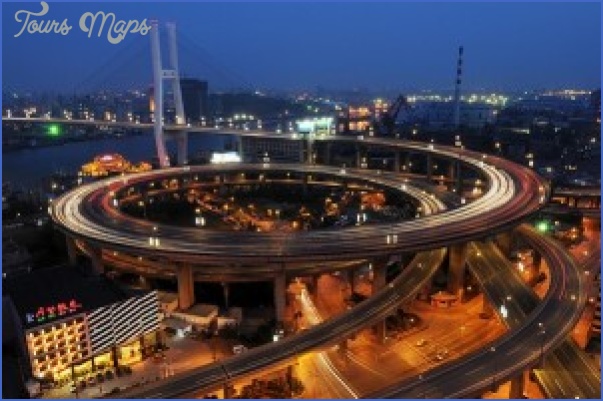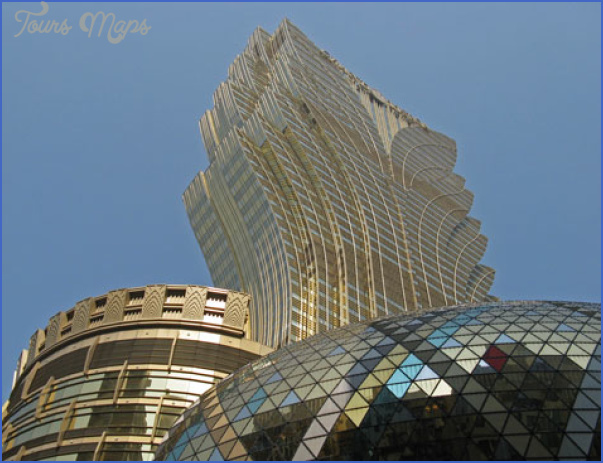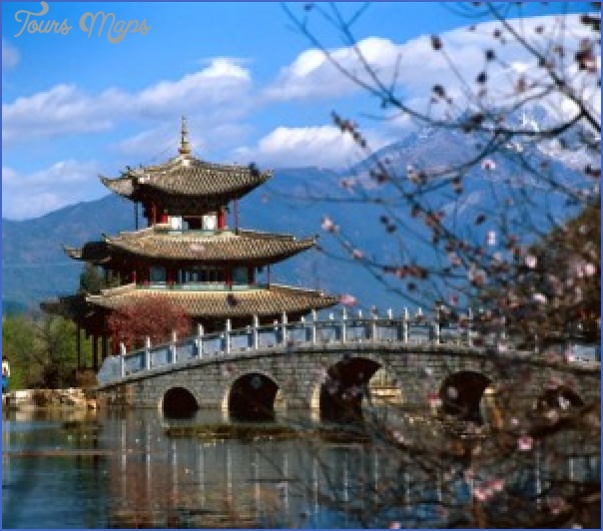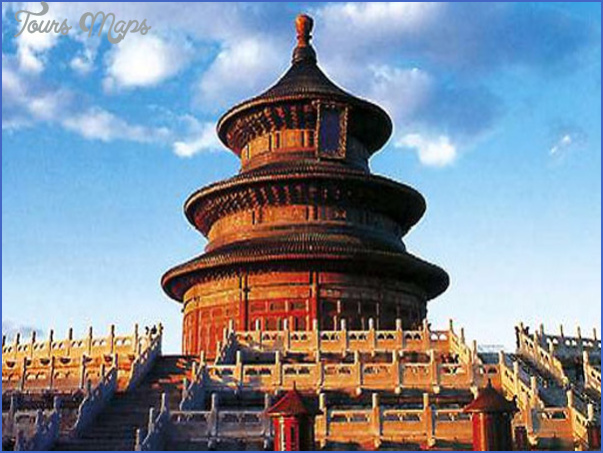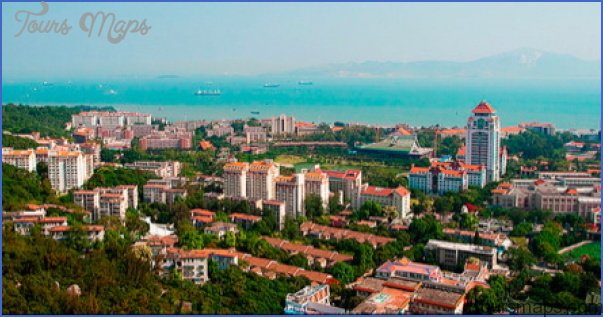Lu Xun, China’s most celebrated modern writer, was said to be a lonely Lu Xun shy man and yet was inextricably linked with events in his country. He (1881-1936) was born in 1881 the son of an intellectual family in the southern Chinese town of Shaoxing. At the age of sixteen Lu went to Japan to study natural science and medicine but his literary interests prevailed and he began to write. In Tokyo he joined the movement which opposed imperial rule in China, founded a literary newspaper and translated foreign authors. In 1909 he returned to his homeland and worked as a teacher. Initially he kept his distance from the cultural influences which held sway at that time throughout China, but in 1918 he attracted a lot of attention with a novel entitled “A Madman’s Diary”, which later came to be viewed as a seminal work of modern Chinese literature. Between 1920 and 1926 Lu lived in Beijing where he taught at a senior school. He then moved to Canton where he lectured at the Sun Yat-sen University. He was soon forced to move on when the Kuomintang started a witch-hunt against Communists. Shanghai became his home and he worked there until his death in 1936 as a writer, essayist and translator, joining in the cultural and political debates which raged during those years. In 1910 he formed the League of Leftist Writers and became its president.
Lu Xun has bequeathed a wide range of literary works which include speeches, aphorisms, dialogues as well as novels and letters on scientific and literary themes. The essays stand out as his most remarkable contribution to Chinese literature. Chinese readers can also thank him for translations of such foreign writers as Gogol. The best known of his novels are “The Story of Ah Q” (1921), “Medicine”, “Home Village” and “Soap”.
Mao Dun was born in 1896 and played a part in the May 4th Movement Mao Dun which was concerned with cultural and democratic issues. Chinese tourist travel guide In 1930 he (1896-1981) joined the literary circle founded by Lu Xun known as the League of Leftist Writers. During the war with Japan he lived in exile in Hong Kong but in 1949 he returned to his homeland and occupied the post of Minister of Culture until the Cultural Revolution when he became the object of fierce criticism. He re-appeared on the political stage towards the end of the 1970s. For many years he played a leading role in the magazine “People’s Literature”.
Mao Dun is the author of a series of novels dealing with the crisis in 20th c. Chinese society and many other stories.
“Chairman” Mao was born in 1893 in the village of Shaoshan, Hunan province. The son of a peasant farmer, he went to school in Changsha and completed his studies at a teacher training college. He was both politically and culturally active in his student years and was instrumental, for example, in setting up a students’ political society. In 1918 he moved to Beijing where he worked in the university library. It was here that he first met the professors Li Dazhao and Chen Duxiu, founding editors of a cultural magazine entitled “New Youth”. Later Mao and the two academics were to found the Communist Party of China. During those years he also met and married Yang Kai-hui, the daughter of a university lecturer from his own hometown. She gave birth to two sons, Mao Anying who lost his life in the Korean war and Mao Anqing.
After he founded the party in 1921 and during the struggle which he waged with the Kuomintang against the Warlords, Mao moved between Shanghai and Changsha, publishing the first of his writings on Chinese society and the economy. Unlike Marx and Lenin, Mao saw the peasant classes as a revolutionary force.
Chinese tourist travel guide Photo Gallery
Maybe You Like Them Too
- The Best Cities To Visit in The World
- World’s 10 Best Places To Visit
- Coolest Countries in the World to Visit
- Travel to Santorini, Greece
- Map of Barbados – Holiday in Barbados

